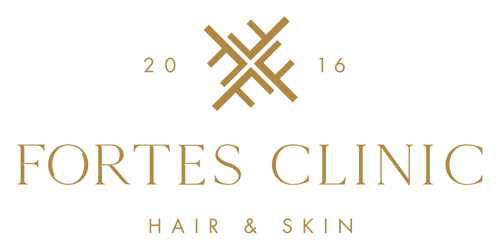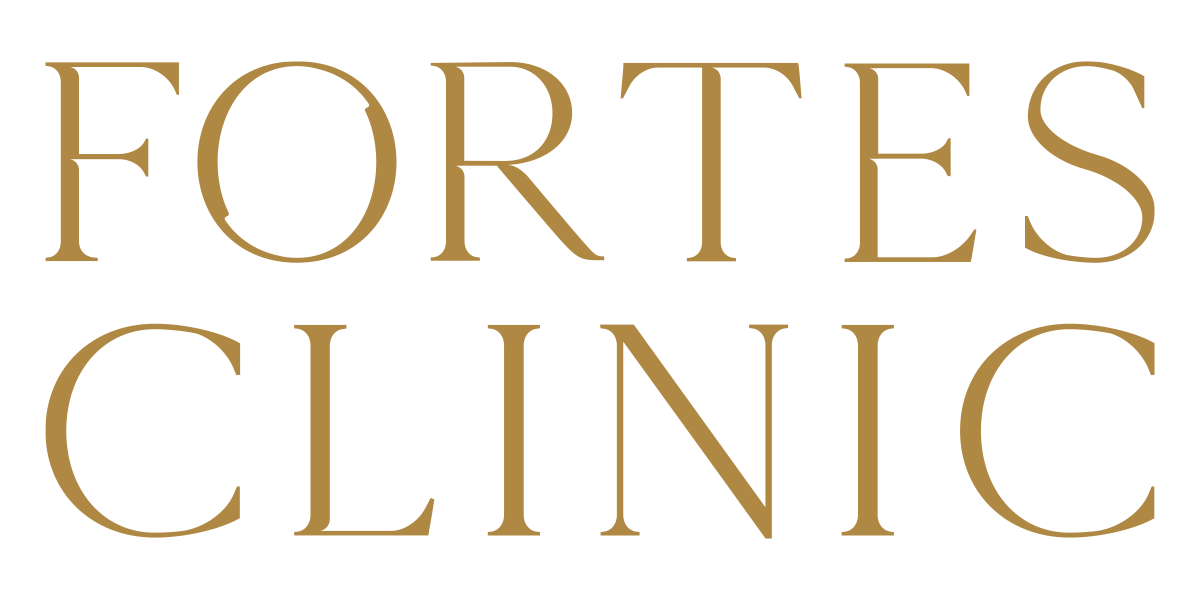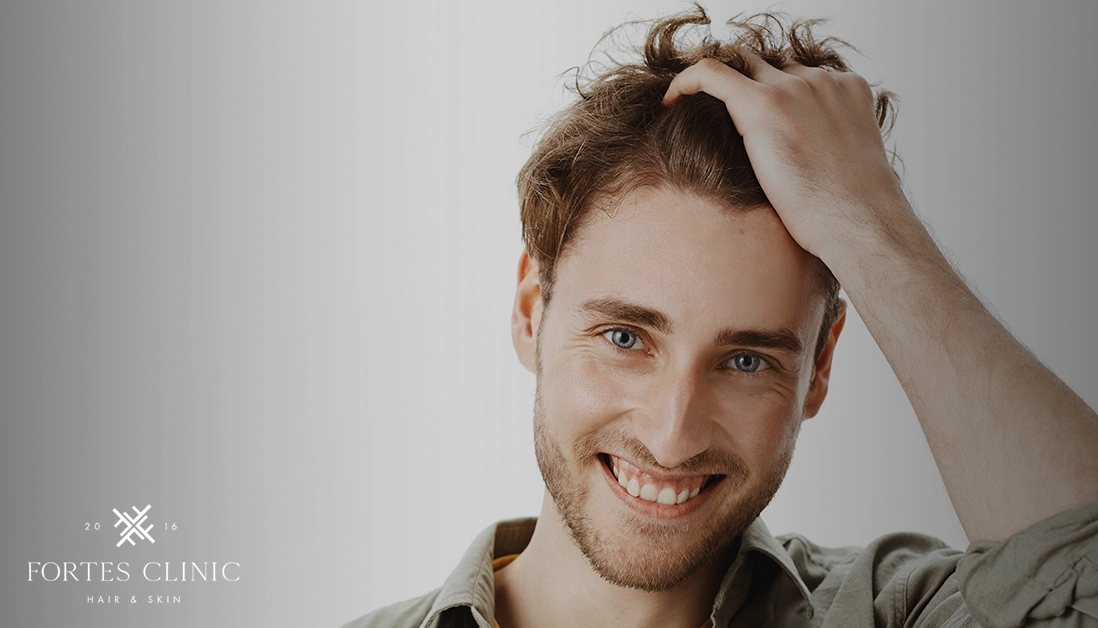Understanding Alopecia
Alopecia, a condition characterised by hair loss, can be a source of stress and self-esteem issues for many individuals. If you or someone you know is dealing with alopecia, it’s essential to explore the available treatment options to regain confidence and address this concern. In this comprehensive guide, we’ll delve into the world of alopecia treatment, shedding light on various aspects that you need to be aware of.
Importance of Alopecia Treatment
Hair plays a significant role in our self-image, and losing it unexpectedly can be emotionally challenging. Alopecia treatment not only addresses the physical aspect of hair loss but also helps individuals cope with the psychological impact. By understanding the causes, treatment options, and strategies to manage alopecia, you can take proactive steps towards restoring your hair and self-assurance.
Preview of Alopecia Treatment Options
In the subsequent sections, we’ll explore the different types of alopecia, their causes and risk factors, symptoms, and how to diagnose the condition. We’ll also delve into the various treatment options available, including lifestyle changes, medications, and advanced procedures. By the end of this article, you’ll have a comprehensive understanding of alopecia and the tools to make informed decisions about your treatment.
Alopecia Treatment Options
Hair loss due to alopecia can be distressing, but there are several treatment options available to address the condition. The choice of treatment depends on the type and severity of alopecia, as well as individual preferences. Here, we’ll explore the most common and effective alopecia treatment options:
Lifestyle and Self-Care Strategies
Taking care of your hair and overall health is an essential part of alopecia management. While lifestyle changes may not completely reverse hair loss, they can contribute to healthier hair and better treatment outcomes.
Proper Hair Care and Maintenance
Maintaining a clean and healthy scalp is essential for optimal hair growth. Use a gentle, sulfate-free shampoo and conditioner to prevent damage. Avoid excessive heat styling and tight hairstyles that can stress hair follicles.
Stress Management Techniques
Chronic stress also exacerbates hair loss. Engage in stress-reduction practices such as yoga, meditation, deep breathing exercises, and mindfulness to promote a calm and healthy mind.
Dietary Changes and Nutritional Supplements
A well-balanced diet rich in vitamins, minerals, and protein can promote hair growth. Consider adding foods like lean proteins, leafy greens, and biotin-rich foods to your diet. Additionally, supplements like biotin, zinc, and iron may be beneficial but should be taken under medical guidance.
Topical Alopecia Treatments
Topical treatments are applied directly to the scalp and can stimulate hair follicles and encourage regrowth.
Minoxidil (Rogaine)
Minoxidil is one of the most widely used topical treatments for androgenetic alopecia (male and female pattern baldness). It’s available over-the-counter and comes in various forms, such as foam or liquid. Minoxidil promotes hair growth by increasing blood flow to the hair follicles and extending the hair’s growth phase. It’s typically applied twice daily and may take several months to show results.
Finasteride (Propecia)
Finasteride is an oral medication that is FDA-approved for treating male pattern baldness. It works by inhibiting the conversion of testosterone to dihydrotestosterone (DHT), a hormone that contributes to hair loss. Finasteride is typically taken daily, and its effects are usually noticeable after several months of consistent use. It’s not recommended for women of childbearing age due to potential birth defects.
Oral Medications for Alopecia Treatment
In some cases, you my receive a prescription for medication to combat alopecia.
Corticosteroids
Corticosteroids are anti-inflammatory drugs that can be used to treat various forms of alopecia, including alopecia areata and scarring alopecia. They are available in oral and topical forms. Corticosteroids work by suppressing the immune system’s inflammatory response that may be causing hair loss. However, long-term use of oral corticosteroids can have side effects, so they are typically used cautiously and under medical supervision.
Immunotherapy Drugs
Immunotherapy drugs are a relatively recent development in the treatment of alopecia areata. These medications modulate the immune system to reduce the autoimmune response that targets hair follicles. Common immunotherapy drugs include JAK inhibitors (e.g., tofacitinib) and topical immunotherapy using chemicals like diphencyprone (DPCP). These treatments are administered under a dermatologist’s supervision and require careful monitoring.
Hair Growth Procedures
For individuals with more severe or advanced alopecia, we may recommend hair growth procedures.
Hair Transplantation
Hair transplantation involves taking hair follicles from one area of the body (usually the back of the scalp) and transplanting them to the balding or thinning areas. This procedure is effective for androgenetic alopecia and scarring alopecia. Hair transplants provide a natural-looking, permanent solution, but they can be costly and may require multiple sessions.
Platelet-Rich Plasma (PRP) Therapy
PRP therapy is a minimally invasive procedure that uses the patient’s blood plasma, rich in growth factors, to stimulate hair follicles. It’s purpose is to treat androgenetic alopecia and alopecia areata. We administer PRP therapy through injections into the scalp and can help improve hair density and thickness.
Low-Level Laser Therapy (LLLT)
LLLT is a non-invasive treatment that uses low-level lasers or LED devices to stimulate hair follicles. This helps increase blood flow to the scalp and encourage hair growth. You can administer LLLT at home at home using specialist devices or in clinical settings.
Coping with Hair Loss Psychologically
Dealing with hair loss can be emotionally challenging, and psychological support is crucial for individuals with alopecia.
Support Groups and Counseling
Joining support groups or seeking counseling can provide emotional support and coping strategies for dealing with the psychological impact of hair loss. Connecting with others who are experiencing similar challenges can be reassuring and empowering.



